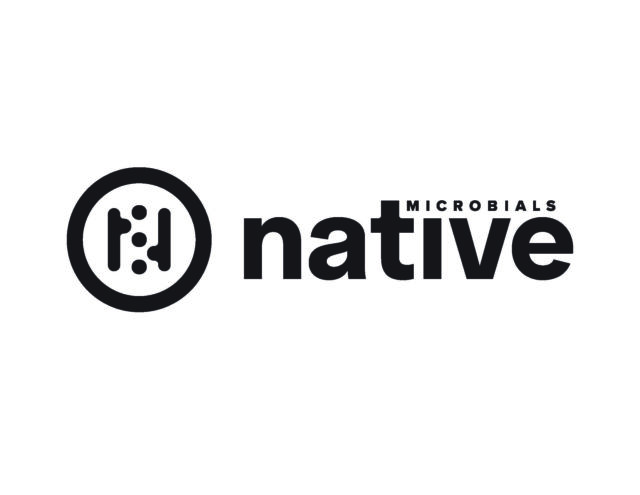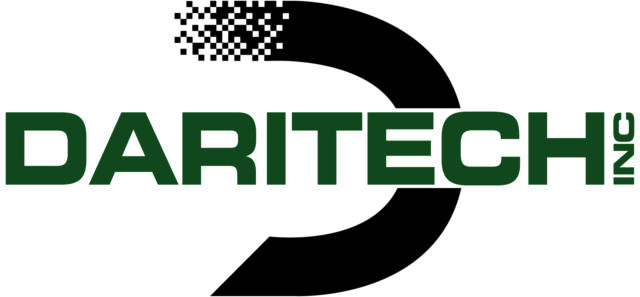It was one of those rowdy conversations parents have with teenagers. You explain the perils of life in graphic detail, and they just don’t get the picture.
Finally, it comes down to the final straw. “It’s my life, and I can do what I want.”
I have had enough of those conversations to have a prepared comeback, but the comeback I gave surprised even me. “No, your life does not belong to you. It belongs to your future wife. It belongs to your children, and it belongs to generations yet unborn. It belongs to your parents and grandparents. It belongs to your nieces and nephews, and it belongs to every person who loves you.”
I don’t recall the reaction of my teenager, but at that moment I was struck with stark reality. We do not own who we are. Everything we do touches somebody else. Even the bum on the street can’t get away from the tender feelings of pity that fill the hearts of compassionate people as they see his plight. The murderer can’t escape the sorrow he has caused. The drug addict cannot eliminate the DNA impact his or her choices will have on his or her children and future generations.
In the early days of England, the bell at the church rang when anyone in the community died so everyone knew of the passing. John Donne wrote, “Ask not for whom the bell tolls. It tolls for thee.” “No man is an Island; no man stands alone.” He was correct; we are all connected. We may think our choices will not impact anyone else, but we don’t have to look far to see how a chain reaction explodes even with the smallest decisions.
You choose to attend the football game one evening. The ticket you bought helped the athletic department. The popcorn, drink and hot dog you purchased helped the concession stand. The person you sit next to receives your energy, whether good or bad, and the team reacts to your cheers. The decision to go to the game made a difference. You sit home and watch the game on television. Sitting in your easy chair, your viewing preferences are recorded as one of the many thousands who are watching. If you go to the fridge to get a snack, you open the door and the watts of electricity go up a notch, which profits the electric company. As the game progresses, data on the internet is recorded. We are all connected. Even a walk in the forest leaves footprints. A tree that falls in the woods does make a sound, even if no one hears it.
Our choices and our words are more contagious than a pandemic.
The other day, I was listening to a conversation. The two men were discussing the ramifications of the election and how the country was on the brink of civil war. “People are not going to stand for the government coming in and taking our guns. We are prepared. We have stored food and if anyone comes to take it, we will shoot them on sight.” I had heard the conversation before – and not a few times. It was becoming too common. I shivered. Too many people were talking violence. Too many people were angry. Too many people were desperate. I wondered what impact the discussion would have on the two young boys listening wide-eyed to the conversation. I wondered about the store clerk, who intermittently joined the conversation to put in his two cents. I wondered if he would go home and recount the conversation play-by-play to his wife and family. Would his wife in turn tell it to a friend and she tell it to another? On and on the conversation would be spread, like germs, across the town.
Finally, I broke into the conversation. I said, “I don’t see violence as the answer. I remember the miracles of Jesus. I remember that He has power to save if we have faith.” I wish I had recounted the miracles, but I didn’t. Later, I thought about Moses and the children of Israel standing on the brink of the Red Sea with Pharaoh’s army barreling down upon them. Moses didn’t stand and fight. He raised his staff in the name of the Lord, and the waters rose on both sides, creating a path for the Israelites through the billowing waters. The Lord fought the battle.
That was not the only great miracle where God stopped an army because of faith.
An army came by night, and compassed the city about. And when the servant of the man of God was risen early, and gone forth, behold, an host compassed the city both with horses and chariots. And Elisha’s servant said unto him, Alas, my master! how shall we do? And he answered, Fear not: for they that be with us are more than they that be with them.
… Elisha prayed … LORD, I pray thee, open my servant’s eyes, that he may see. And the LORD opened the eyes of the young man; and he saw … the mountain was full of horses and chariots of fire round about Elisha.
When the army came down to battle, Elisha prayed … Smite this people, I pray thee, with blindness. And he smote them with blindness according to the word of Elisha (2 Kings 6:14-18 KJV).
The battle was won without the clash of swords. The Lord can still work miracles. He also shows compassion.
Elisha prayed and said, Lord, open the eyes of the army that they may see … the Lord opened their eyes and they saw … they were in the midst of Samaria (2 Kings 6:20 KJV).
The King of Israel asked Elisha what he should do with the army. Elisha chastised the king by asking, “Would you kill captives you have taken in war? Instead of killing them, give them food and water and let them return home.” The king obeyed. Elisha taught the king to show compassion even to those who had come to destroy his people.
I did remind my friend of a miracle, which humbled him.
It was in a time of famine. The ravens had fed Elijah by a brook until the brook dried up.
The Lord said, Arise, get thee to Zarephath … behold, I have commanded a widow woman there to sustain thee. So he arose and went to Zarephath. And when he came to the gate of the city, behold, the widow woman was there gathering of sticks: and he called to her, and said, Fetch me, I pray thee, a little water in a vessel, that I may drink. And as she was going to fetch it, he called to her, and said, Bring me, I pray thee, a morsel of bread in thine hand. And she said, As the LORD thy God liveth, I have not a cake, but an handful of meal in a barrel, and a little oil in a cruse: and, behold, I am gathering two sticks, that I may go in and dress it for me and my son, that we may eat it, and die.
Elijah said unto her, Fear not; go and do as thou hast said: but make me thereof a little cake first, and bring it unto me, and after make for thee and for thy son. For thus saith the LORD God of Israel, The barrel of meal shall not waste, neither shall the cruse of oil fail, until the day that the LORD sendeth rain upon the earth. And she went and did according to the saying of Elijah: and she, and he, and her house, did eat many days … the barrel of meal wasted not, neither did the cruse of oil fail, according to the word of the LORD … (1 Kings 17:9-16 KJV).
The faith of this widow is astounding. She was preparing the last meal for her son and herself. They must have been emaciated with parched lips and weary. Yet she trusted Elijah was a prophet. Even if she did not recognize him as such, she must have said in her mind, “If I am going to die, let my last act be one of charity.”
Her charity is remembered generations beyond the act. She did not know her decision would inspire truth-seekers across time. Her choice could have been different, but she chose to bless instead of curse. In these troubled times, we have choices that will reverberate through time. Today, let charity be our watch cry that we may witness the miracles of God.




